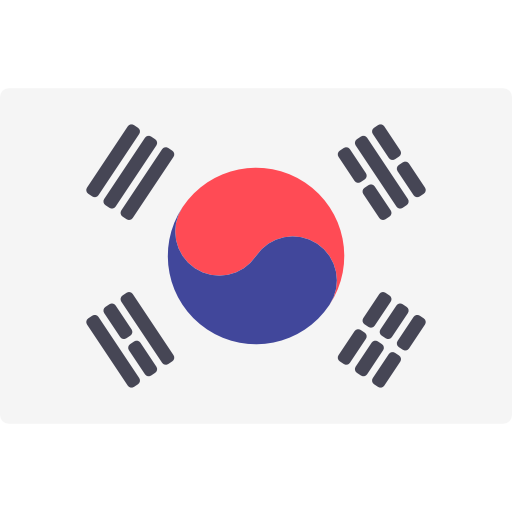Employment Regulations
South Korean employment law appears complex and confusing when looking from outside view although in some ways there are many similarities to other countries. Other factors that complicate matters include the differences in rules depending on the type of business structure and number of employees. For these and many other reasons the following are only guidelines in the broadest sense, and professional legal services are recommended when employing in South Korea.
Key Factors to Consider When Employing in South Korea:
There are several key areas to be aware of within South Korea’s employment regulatory framework, especially for companies that plan to initiate a full local office and human resources department. These challenges can be mitigated by use of a locally sourced payroll provider who is familiar with all of the local laws and rules for both local employees as well as foreign nationals.
Contracts
South Korea requires that employees have employment contracts that meet the requirements of the Fair Labor Standards Act. http://www.moel.go.kr/english/poli/poliLaw.jsp?tab=6
Probation Period
According to legal information site Korean Labour Law, the Labor Standards Act of Korea does not have an explicit regulation on probation periods. However, the law does state that notice of termination is not required for “Employees under probationary period (of 3 months or less)”. This infers that while a probation period may be longer than 3 months, usually the employee will gain the rights of a regular employee after 3 months.
Pension Requirements
Employment Insurance
Businesses and workplaces with one or more regular workers are obligated to subscribe to employment insurance.
The employee and employer both evenly contribute 0.65% of the total wage. Sometimes there is an additional contribution by employer called “occupational ability daevelopment” which can range from 0.25 – 0.85% depending on the size of the company.
Accident Insurance
Companies will be required by law to have some form of accident compensation insurance to cover any employees. Average monthly wages determine the relevant insurance premiums. Businesses and workplaces with one or more regular workers are obligated to subscribe to industrial accident compensation insurance.
The employer contributed from 0.6 – 0.34% of the total salary, depending on the type of business.
National Pension
Korea has a mandatory state pension service which is contributed to by both employer and employee. The national pension scheme is run by the National Pension Service (NPS). All Koreans and foreigners aged between 18 to 59 who live and work in South Korea must contribute to the national pension scheme. A company only needs to start contributing when it has 5 or more employees (otherwise, employees must individually manage their own contributions).
The employee and employer both equally contributed 4.5% of the standard monthly wage.
Health Insurance
Employer contribution 2.995% of standard monthly wage.
Employee contribution – 2.995% of standard monthly wage.



